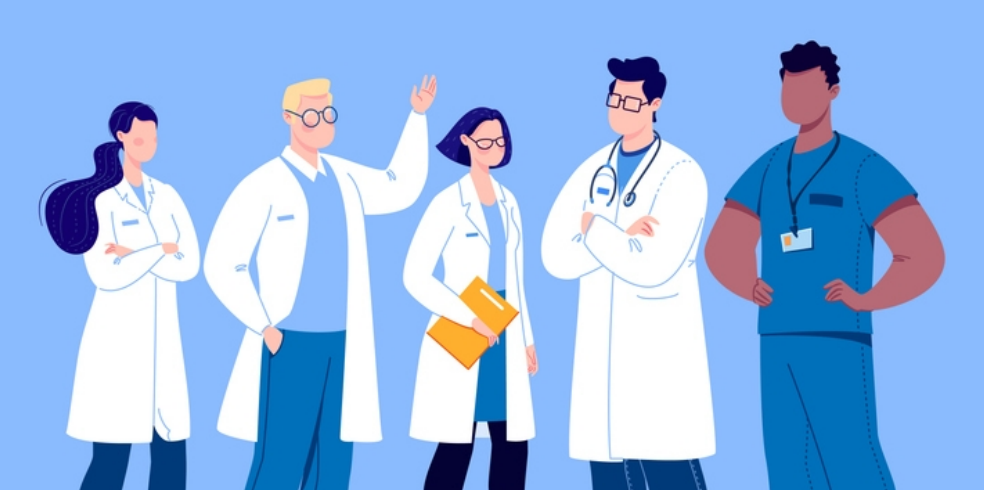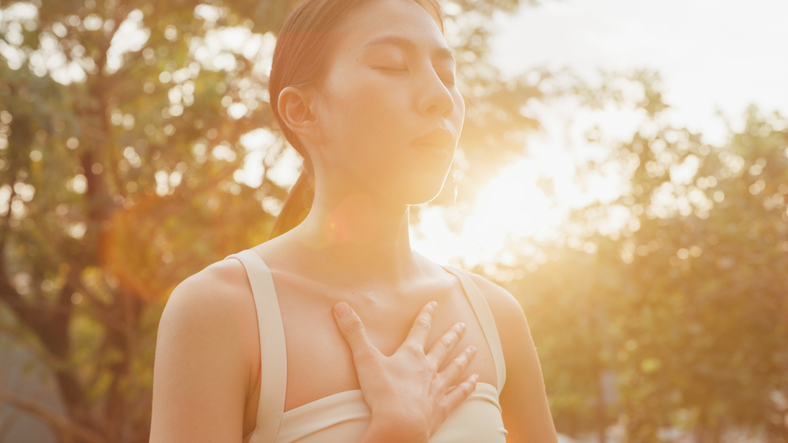Daylight Shrinks; Energy Shouldn’t
As the days get shorter, many people assume winter fatigue is inevitable; “less light just makes you tired.” From a nursing perspective, that’s not quite right. Fatigue in darker months has clear, fixable reasons. Morning light arrives later, so your brain’s clock delays its schedule; melatonin lingers, you wake groggy, and if your evenings are full of bright lights and screens, your brain gets a mixed message, and sleep becomes lighter and later. Combined with common cold-weather habits of less outdoor time, fewer steps, less water, more comfort carbs and late coffee, now you’ve created a mild, self-inflicted jet lag.
You can reverse this quickly by adjusting light, timing, and load. Give your brain a strong “morning” cue: get outside for 20 minutes within an hour of waking, even on cloudy days. If that’s not possible, a 10,000-lux light box used early can help; avoid bright light at night by switching to lamps and parking screens an hour before bed. Anchor one consistent wake time, weekends included(!). Bedtime will follow within a few nights, and morning fog will lift. A short walk or light strength workout late morning or at lunch boosts alertness immediately and deepens sleep later. Support this effort with basics that matter more than they sound: water when you wake and at each meal; protein-and-fiber at breakfast to prevent a mid-morning crash; caffeine only in the first half of the day; alcohol small and early if you drink at all. If you need a nap, keep it to 10–20 minutes and finish before mid-afternoon.
If your energy doesn’t improve after two weeks of these changes, or if you notice red flags like loud snoring, witnessed breathing pauses, morning headaches, low mood, cold intolerance, hair loss, or unusual cravings like ice check in with your clinician. Treatable issues such as sleep apnea, low iron, thyroid problems, B-12 deficiency, or seasonal affective disorder often show up more clearly in winter and respond well to targeted care.
Bottom line: shorter days don’t drain your energy “for no reason.” They nudge your clock later and modern habits do the rest. Give yourself brighter mornings, softer nights, a steady wake time, and a little daytime movement. Most people feel the difference within days; if not, that’s your cue to look for a medical cause and seek further help.
Do Blue-Light Glasses Help You Sleep?
Do blue-light glasses help you sleep? Here’s the scoop: evening blue-enriched light from phones, tablets, and bright LED fixtures tells your brain it’s still daytime by suppressing melatonin and nudging your internal clock later. Blue-blocking or amber lenses can reduce that signal, but they’re not a magic switch. Studies are mixed: some people feel better, yet objective sleep metrics (total sleep time, efficiency) often don’t budge. Translation: glasses may help a subset of night-owls or folks with insomnia who must be on screens late, but they won’t overcome bright rooms, late caffeine, or an inconsistent schedule.
Do blue-light glasses help you sleep? Here’s the scoop: evening blue-enriched light from phones, tablets, and bright LED fixtures tells your brain it’s still daytime by suppressing melatonin and nudging your internal clock later. Blue-blocking or amber lenses can reduce that signal, but they’re not a magic switch. Studies are mixed: some people feel better, yet objective sleep metrics (total sleep time, efficiency) often don’t budge. Translation: glasses may help a subset of night-owls or folks with insomnia who must be on screens late, but they won’t overcome bright rooms, late caffeine, or an inconsistent schedule.
If you want to try them, choose amber lenses that block short wavelengths and wear them only for the last 2–3 hours before bed, not in the morning, when you want blue light to anchor your clock. Pair glasses with “light hygiene”: get outside or sit by a bright window within an hour of waking; after dinner, dim lights and use warm bulbs (2700K or lower); enable night mode and lower screen brightness; stop scrolling 60–90 minutes before lights-out when possible; keep consistent sleep and wake times; and set caffeine and alcohol cutoffs. Also, make your bedroom truly dark and cool, and reserve the bed for sleep.
Bottom line: blue-light glasses can be a useful add-on, especially for late-screen users or those with insomnia, but habits matter more than hardware. Give a light-smart routine two weeks and track results (sleep diary or wearable trends). If you’re still struggling, talk with your clinician or cognitive behavioral therapy for insomnia (CBT-I) and personalized light-timing plans consistently outperform any pair of glasses.



